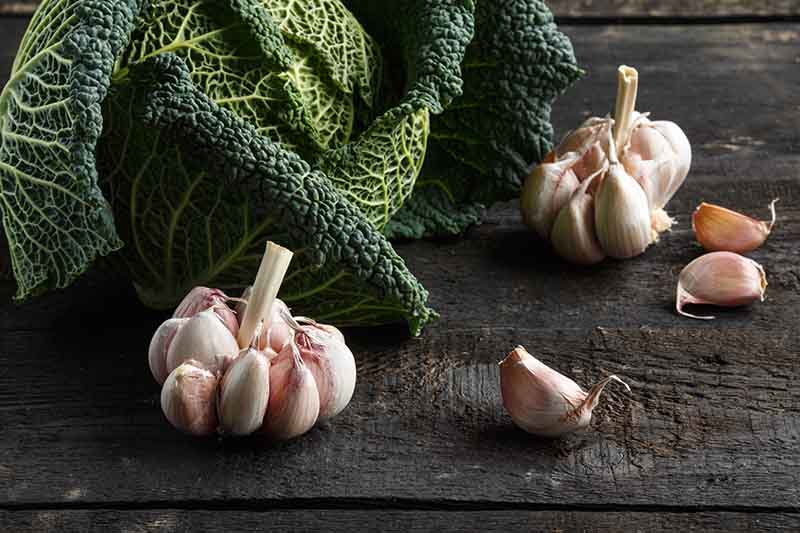
Everyday Chemicals Are Screwing Up Your Testosterone
You may have already read my other article on 7 habits which are killing your testosterone. There was a section in that on Water because

If you want to see real change in your health and appearance, it all starts with the foods you’re eating.
As men, we have specific nutrient needs. For example, healthy fats and cholesterol help us maintain normal testosterone production. But where can you find a cost-effective and healthy source of these nutrients?
Let’s take a look at 5 of the best foods for men’s health and how each one can help you achieve optimal wellness.
A bodybuilding staple, eggs are one of the most complete foods you can buy. Best of all, they are inexpensive.
One egg provides six to seven grams of complete protein, which means it contains all of the essential amino acids. Eggs also have plenty of healthy fats as well as the mineral, zinc.
Eggs are a terrific muscle-building food. Studies show that the protein within supports lean muscle tissue protection and development. (1)
The healthy fats and cholesterol help to regulate hormones. Studies show that a low-fat diet can negatively impact androgen-based hormone levels. If you’re a guy with low testosterone, this could exacerbate the problem as dietary cholesterol supports testosterone levels. (2)
If your goal is to lose or manage your weight, eggs can help. Studies show that the protein in eggs is one of the best satiating foods, supporting weight loss and overall weight management. (3)
When buying eggs, I highly recommend spending a few extra dollars and buying pastured eggs. The conditions for hens in factory farms are appalling. Chickens are crammed into cages with no access to sunlight or fresh air.
When you buy pastured eggs, you can rest assured that the hens are able to roam free and that can also lead to more nutrient dense egg which is better for your health too.
Whether you buy it whole or in supplement form, beet root is a nutrient-dense super food that can improve a man’s health.
Beetroot contains betacyanin, a nitrate that gives it that characteristic purple color. Beets also contain plenty of antioxidants.
Studies show that the betacyanin in beetroot can significantly improve performance in the weight room as well as in the bedroom.
One study found that the nitrates in beetroot helps to increase nitric oxide production, which can support athletic performance. (4)
Men who are considering taking a prescription medication for erectile dysfunction should consider beetroot first.
Studies show that beetroot supplementation can spike nitric oxide levels and support proper blood flow to the penis. (5)
Cruciferous vegetables are all of those veggies you probably pushed to the side of your plate as a kid. Broccoli, cauliflower, kale, spinach, and other dark leafy greens contain a variety of nutrients that can directly improve men’s health.
Diindolylmethane or DIM is found in cruciferous veggies, and studies show that DIM can help to regulate estrogen levels. (6)
For men with low testosterone, DIM can help to metabolize more estrogen to support natural testosterone production. In fact, cruciferous vegetables made our list of best testosterone boosting foods.
Studies show that cruciferous vegetables are also packed with antioxidants, which can combat free radical damage and decrease your risk for disease. (7)
Research shows that the fiber found in these vegetables is essential for healthy digestion and colon health. (8)
That morning cup of brew might be helping your health in more ways than you realize. Coffee is an excellent source of free radical-fighting antioxidants, and it also provides plenty of natural caffeine.
Antioxidants have been shown in studies to assist with reducing your risk for certain diseases including type 2 diabetes mellitus, Parkinson’s disease, and liver disease. (9)
The caffeine in coffee – the reason most guys drink it – is famously effective at increasing your energy levels. Studies show that caffeine can dramatically increase alertness and focus during cognitive performance tasks. (10)
If you’ve only been using garlic as a spice, you haven’t tapped into the real nutritive power of this vegetable.
Garlic contains a compound called allicin, and this is where many of its benefits come from. Studies show that garlic is a powerful immune booster, helping to kill bacteria and ward off viruses. (11, 12)
The organosulfur compounds and antioxidants in garlic may also be useful for longevity. Some studies believe that garlic can reduce the risk of certain diseases including Alzheimer’s. (13)
While there are plenty of healthy foods out there that you should be eating, the best foods for men’s health listed above should be near the top.
These foods contain specific nutrients to optimize hormone health and reduce the risk of common preventable diseases. Try incorporating at least two of these foods into your diet each day.
References

You may have already read my other article on 7 habits which are killing your testosterone. There was a section in that on Water because

Rhodiola Rosea stands out as a potent adaptogenic herb with a rich history of traditional use and a growing body of scientific research. Revered for

In this comprehensive article, we will explore what L-tyrosine is, its benefits as a pre-workout supplement, the correct dosage, and other potential health benefits it

Betaine anhydrous is becoming an increasingly popular ingredient for pre-workouts. In this article, we will explore the fundamentals of betaine anhydrous, its connection to carnosine,

Beta-alanine is a pre-workout powerhouse. From boosting workout performance to potential anti-aging effects, discover why this amino acid is a favorite among health buffs.

You may have already read my other article on 7 habits which are killing your testosterone. There was a section in that on Water because

Rhodiola Rosea stands out as a potent adaptogenic herb with a rich history of traditional use and a growing body of scientific research. Revered for

In this comprehensive article, we will explore what L-tyrosine is, its benefits as a pre-workout supplement, the correct dosage, and other potential health benefits it
Discount Applied Successfully!
Your savings have been added to the cart.